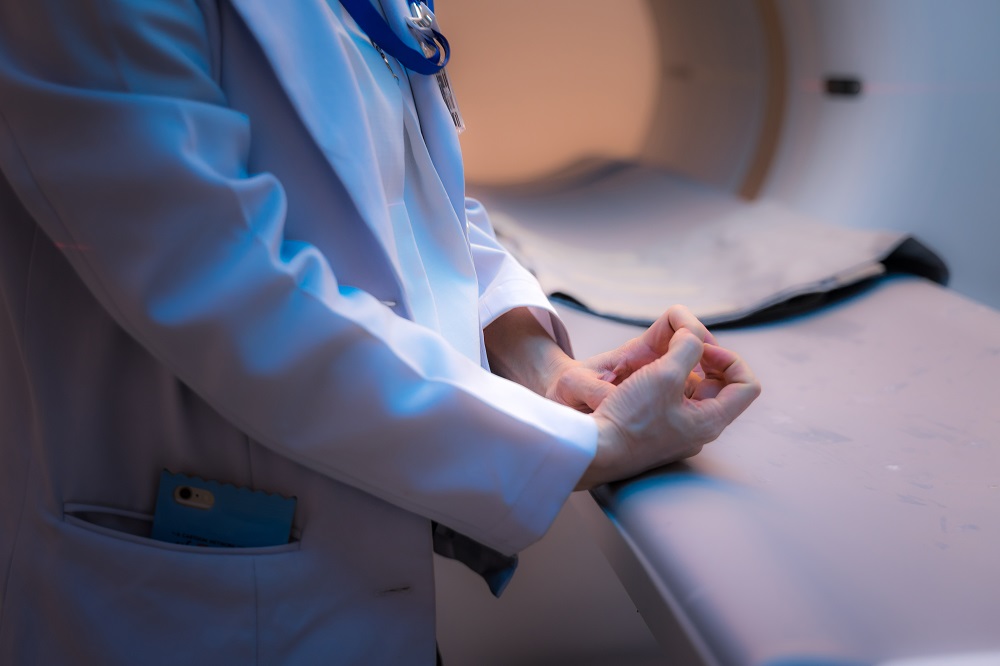Fertility issue is always a matter of concern to parents. Most parents have the dream to have their little ones running around the house, but sometimes life doesn’t always give what you want. It could pull different stunts on you before it finally gives you that which you desire.
Couples with fertility issues that have been diagnosed as being infertile are usually presented with different fertility treatment options, and that includes IUI and IVF. While IVF involves a mildly invasive procedure whereby the female’s eggs are removed and allowed to fertilize with the sperm in vitro before the embryos are transferred back, IUI does not involve taking out the egg from the female’s reproductive organ and does not include in vitro fertilization either.
What is involved in IUI?
Intrauterine insemination (IUI) is a mild fertility treatment whereby the sperm of a male partner is inserted in the uterus of the female counterpart via artificial insemination. Usually, the semen is transferred into the uterus using a catheter and is generally performed when a partner suffers from low sperm count or low sperm motility. With the IUI then, the number of sperm that reach the fallopian tubes can be increased, thus increasing the chances of fertilization occurring.
In the IUI procedure, there is the monitoring of the eggs and the ovulation cycle first. Most times, ovulation-inducing medications are administered, and towards ovulation, the process will then be performed.
Who can have an IUI procedure?
IUI treatment may or may not work depending on your natural condition. Women with cervical or fallopian tube abnormalities can opt for IUI treatment. It is also a treatment option for men with ejaculation dysfunction, low sperm count, and seminal issues.
It is not really recommended for couples with a medical history of pelvic infection diseases or women with fallopian tube diseases and endometriosis.
Did you just have an IUI procedure or plan on embarking on one? Here are some dos and don’ts for you.
Dos for the post-intrauterine procedure
If you choose to go through the IUI procedure, you should know that its success rate is between 10% and 30%. However, their specific things you can do and measures you can take to help improve your success rate with the procedure.
Eat healthily
IVF Doctors would always recommend that you stick with a healthy and balanced diet, especially after your IUI treatment as a good fit and good health encourages fertilization.
Include more protein and cut down on the carbs. Some foods are quite helpful with fertility. In fact, it is said that even if you are struggling with a case of polycystic ovary syndrome, eating such healthy diets could increase your possibility of conceiving. Examples of such food include; eggs, nuts, seeds, oysters, bone marrow, oats, flax seeds, and whole grains. You should also take foods rich in vitamin D.
Get some rest
Immediately the sperms are injected into your uterus, the first thing is that you would be laid down to rest for some minutes. Doctors would still advise that you take some days to rest even after you are discharged. This is to avoid the discomfort of any sort. Traveling especially on long-distance journeys may be prohibited during this period.
Do light exercises
IUI shouldn’t stop you from your workouts. In fact, moderate exercise is said to be suitable for IUI. It is, however, not advised that you go for the rigorous ones; the goal is to keep you moving and active. Light exercises also enhance blood flow to the uterus and surrounding reproductive organs.
Get sexually active
More than ever, the period after your IUI is a good time to have sex with your partner, but this may be advised about 48 hours after your insemination, as you still need your rest. Even though the sperms have been inseminated into your uterus, doctors believe that sex can lead to contraction of the uterine walls hence, pushing the sperm cells further towards the fallopian tubes and to the egg.
Take medications as prescribed by your doctor
Medications to help boost your chances of getting pregnant are often prescribed. It could be administered in different ways; it could be orally or delivered through the vagina. Whichever is the case, make sure you follow the doctor’s directions and guidelines.
Maintain a Positive Attitude
The key to keeping stress to a minimum is to maintain a positive attitude during and after the process. The happier and positive you will think the better it will be for your health and body. Moreover, holding a positive attitude will help you to maintain good mental health.
Get Sufficient Sleep
Getting proper sleep after an intrauterine procedure is crucial for both mother and child. Ensure that you get approximately 7 to 8 hours of sleep. Getting enough sleep will not only help in reducing stress but will also ensure that you are in good health.
Reduce Caffeine Intake
Drinking tea, coffee is the usual practice that many of us love to do. However, post-intrauterine procedure, you should reduce the intake of such items. Minimize the tea, coffee, or caffeine consumption to no more than 2-3 cups a day.
Don’ts for post-intrauterine insemination
Just as it is advised that you take some measures to boost your chances of getting pregnant after IUI, you should also know certain things can reduce your chances of conceiving with IUI.
Avoid stress
Stress would do more harm than good to you after an IUI procedure. It could cause an imbalance of certain hormones that are meant to help with fertilization hence reducing your chance at getting pregnant.
Avoid taking medications not prescribed by your doctor
A good number of people abuse drugs by doing self-medication, and this can be dangerous. IUI procedure for most people comes with pain and cramps. You might want to take a pain relief medication after your procedure, but you shouldn’t unless your doctor prescribes one as might reduce your fertility chances.
Avoid drinking and smoking
After IUI it is preferably suggested to skip indulging in any smoking or drinking practices to avoid any complications. Besides the harmful effects of smoking and drinking habits, after IUI there are chances that it can cause abnormality in the child.
Even amongst fertile couples, smoking and drinking are advised against, especially while trying to conceive. It could lead to fertility and conception complications. Even when you get pregnant, you should avoid it as it can cause certain deformities and abnormal fetal growth.
Don’t eat every food you come across
Processed foods are not suitable for you; stick with the fresh home-prepared meals. You should avoid taking fish at this point as some of them contain mercury, which can damage the nervous system and affect the baby if one comes along eventually. Avoid taking soda, unpasteurized cheese, raw animal products, and low- fat dairy products.
Exposure to Harmful Radiation
In intrauterine insemination treatment, it is suggested that post the procedure you stay away from any kind of harmful radiation. For your safety, you should avoid exposing yourself to direct sunlight for a very long period of time. Moreover, do not get involved in any kind of work that is related to dangerous radiation.
Heavy Lifting
Experts recommend avoiding lifting heavy or bulky objects post-intrauterine procedure. It is because heavy lifting can cause cramps. Additionally, in some cases, it can reduce the success rates due to the damaged uterus lining.
Long Trips
Traveling for a longer period of time can be hectic and stressful for anyone. Thus, after the IUI process, you should avoid going on long trips or avoid traveling in a row for more than 2 to 3 hours.
IUI procedure can be a little time consuming and can leave one anxious. However, we preach positivity. Decide to be happy irrespective of the outcome.












